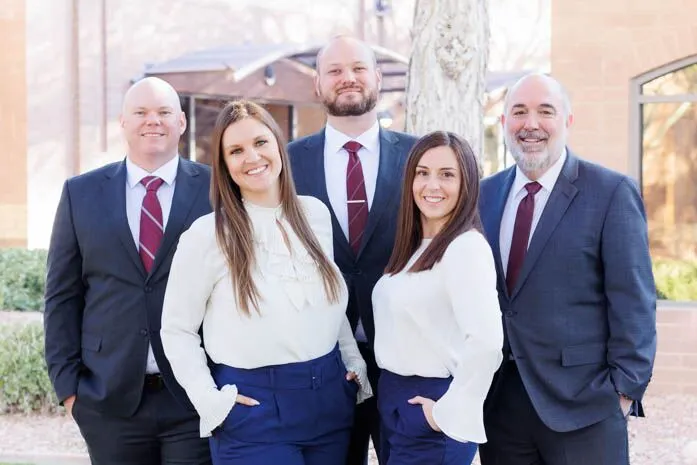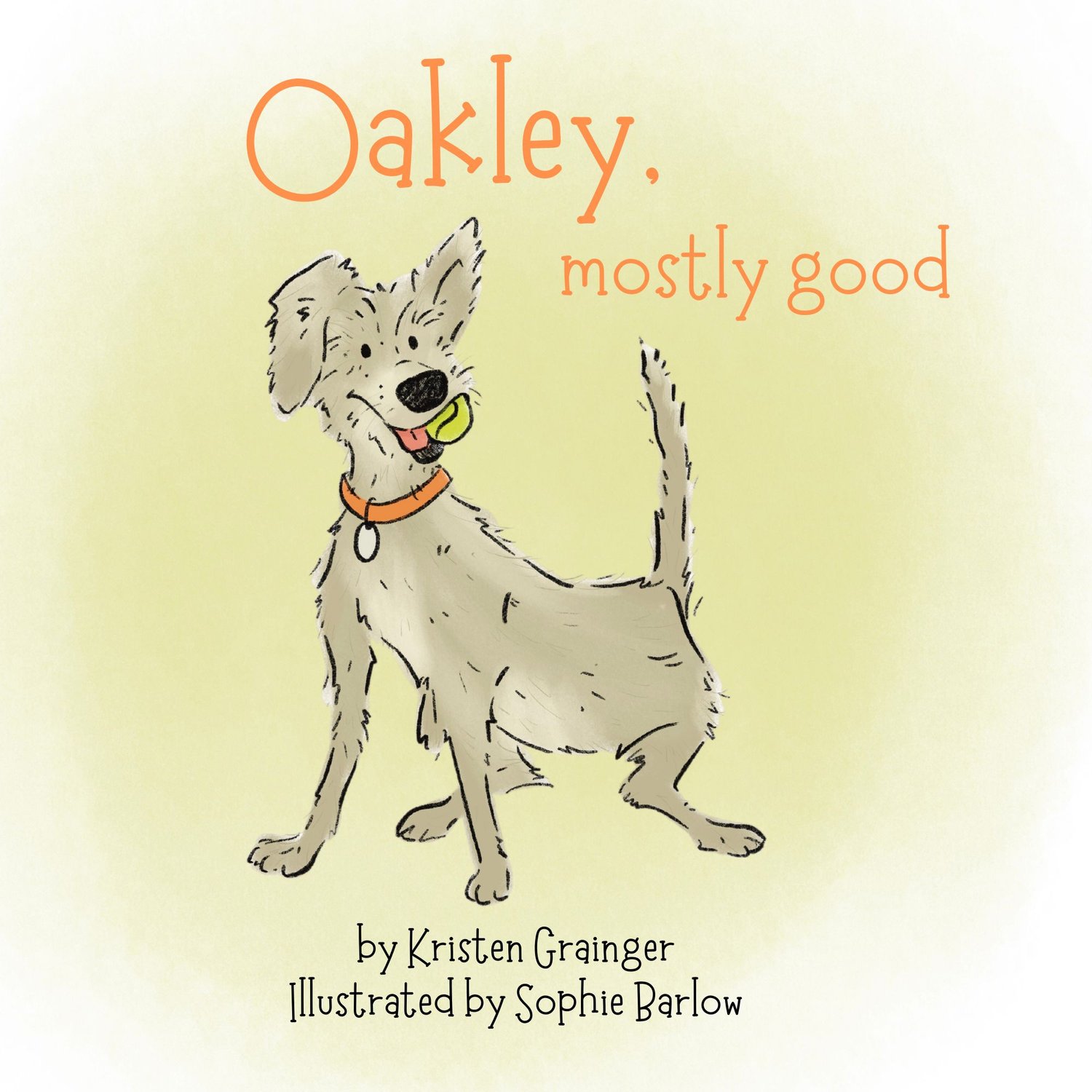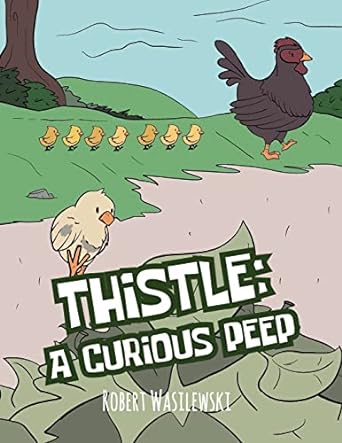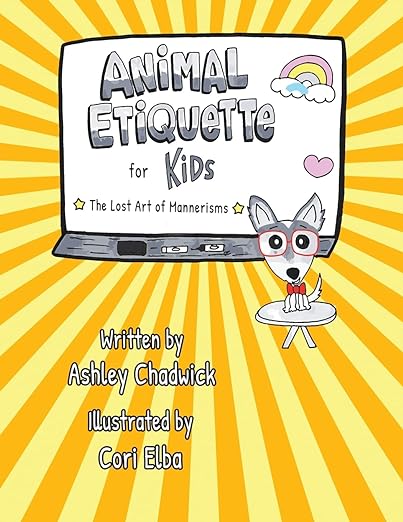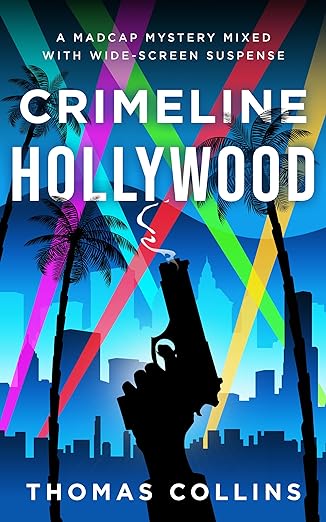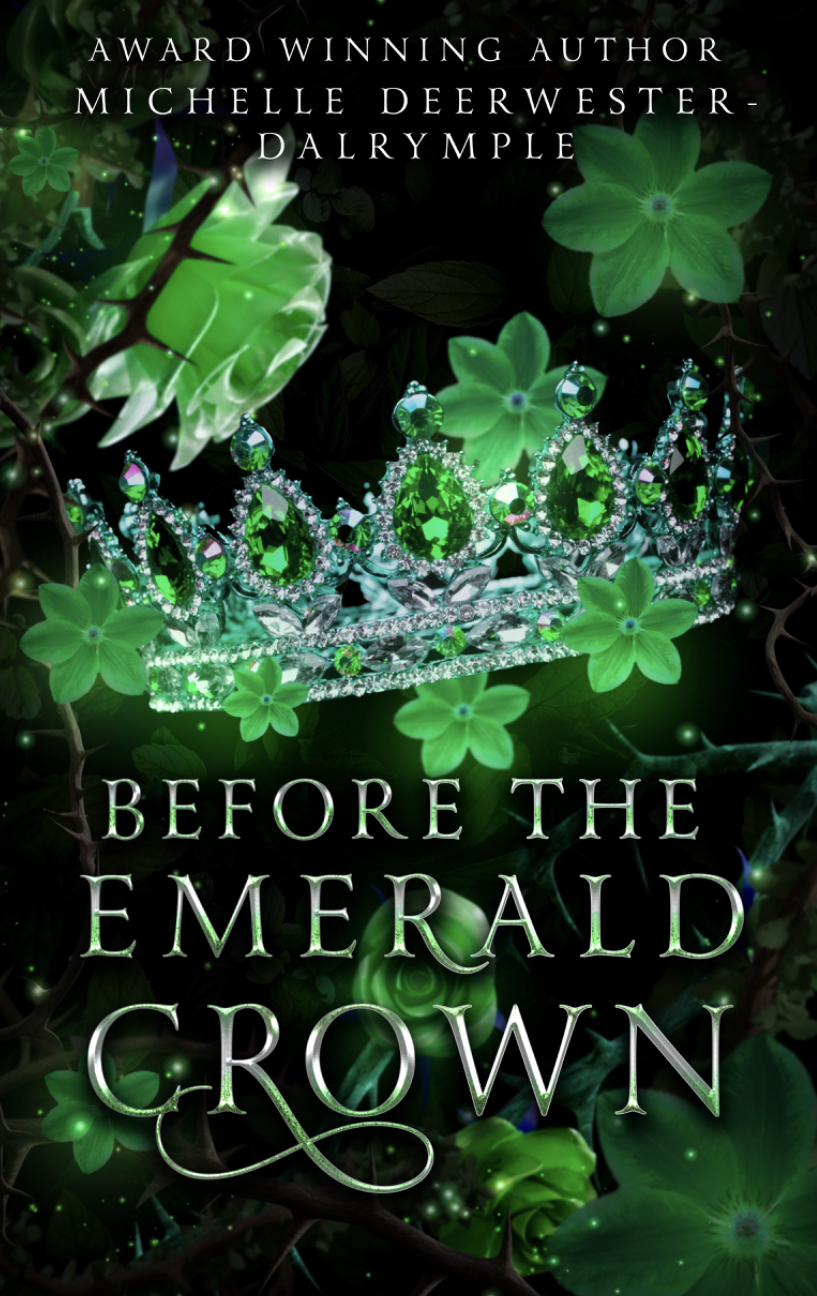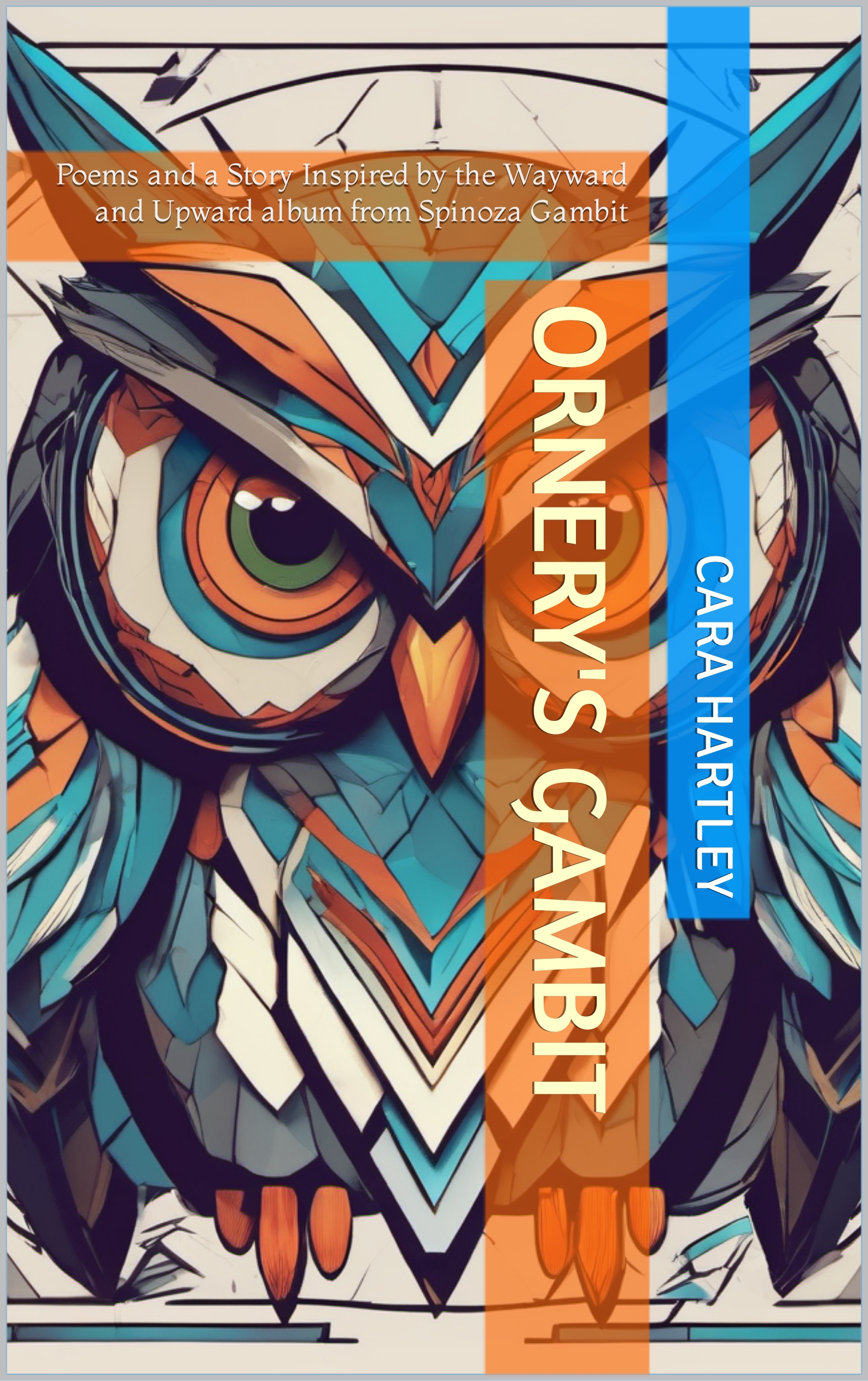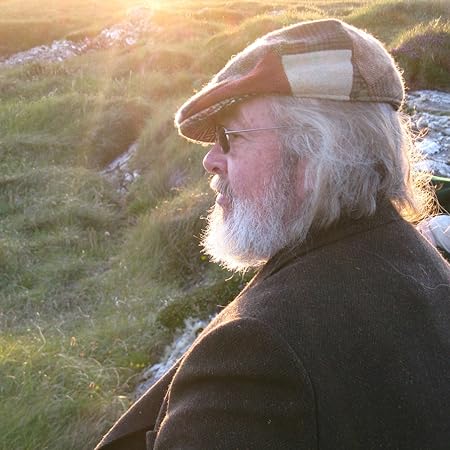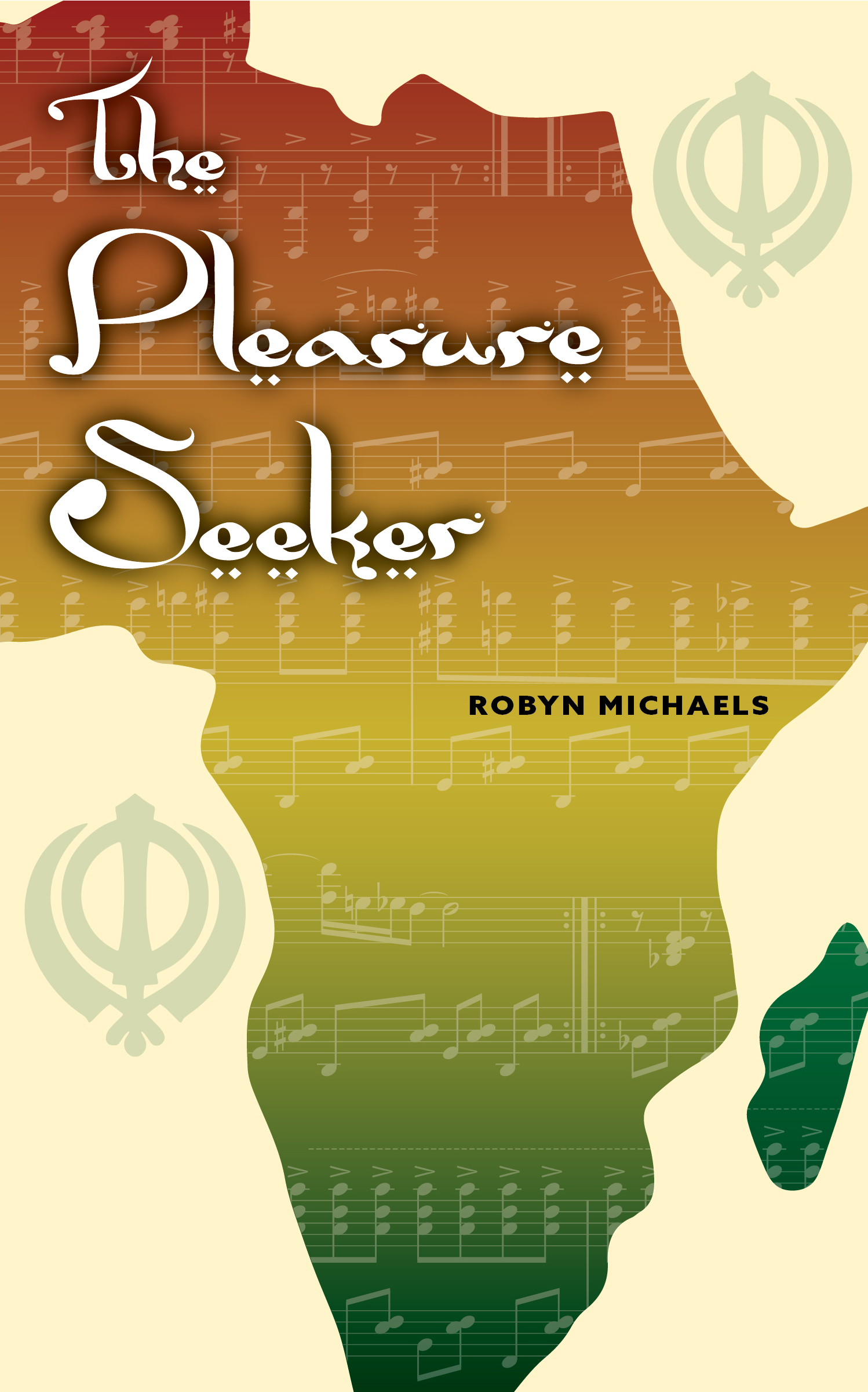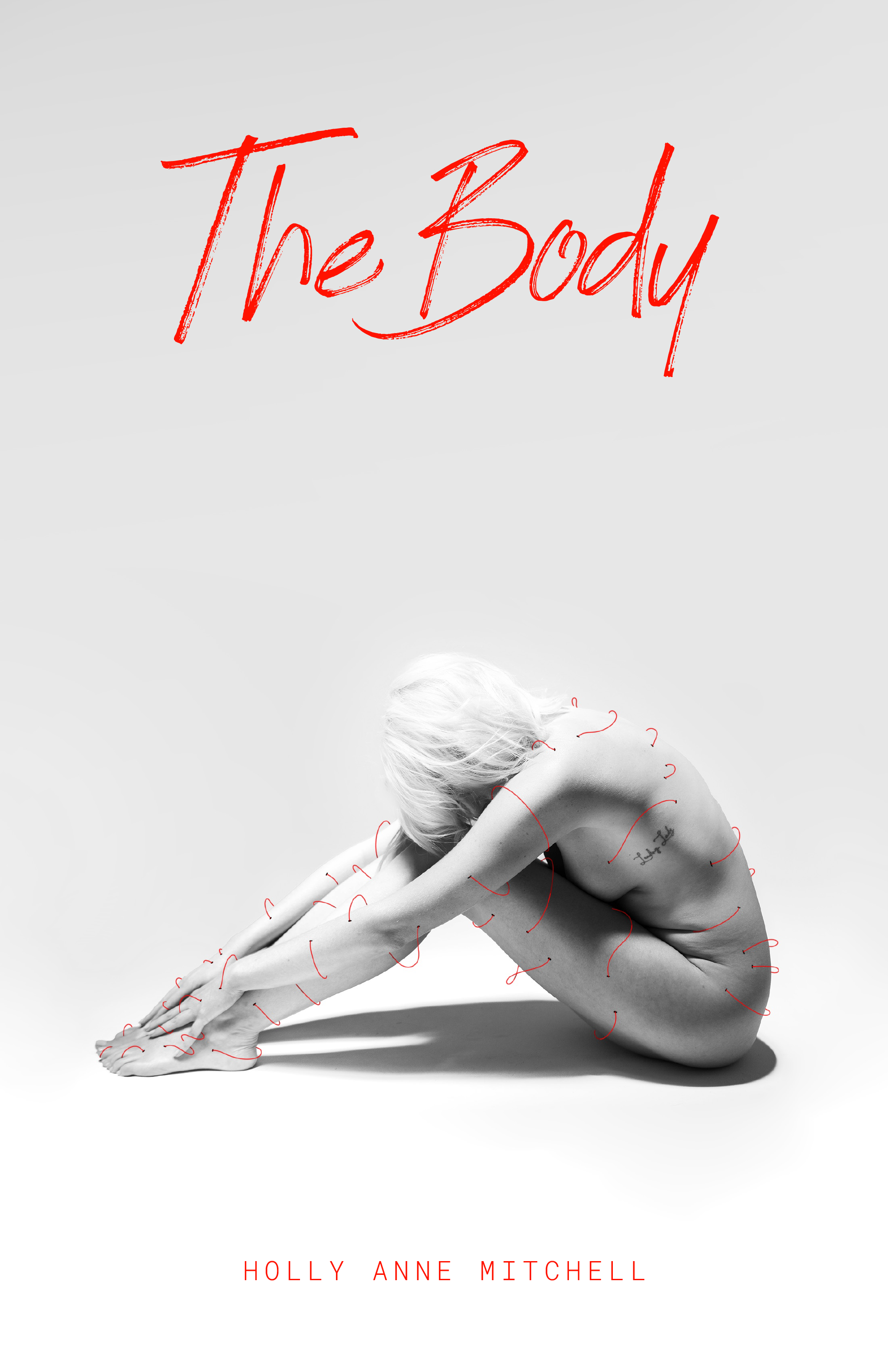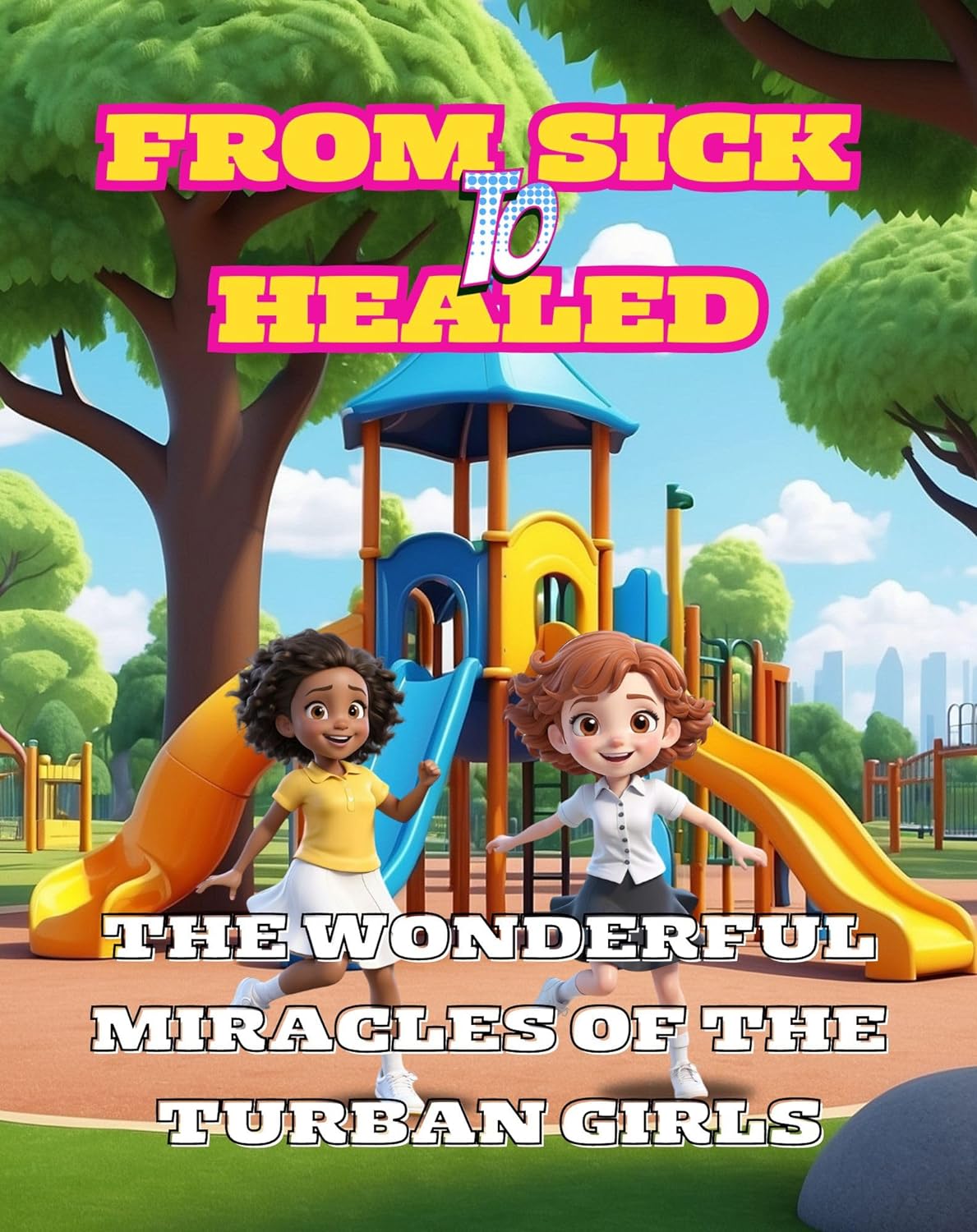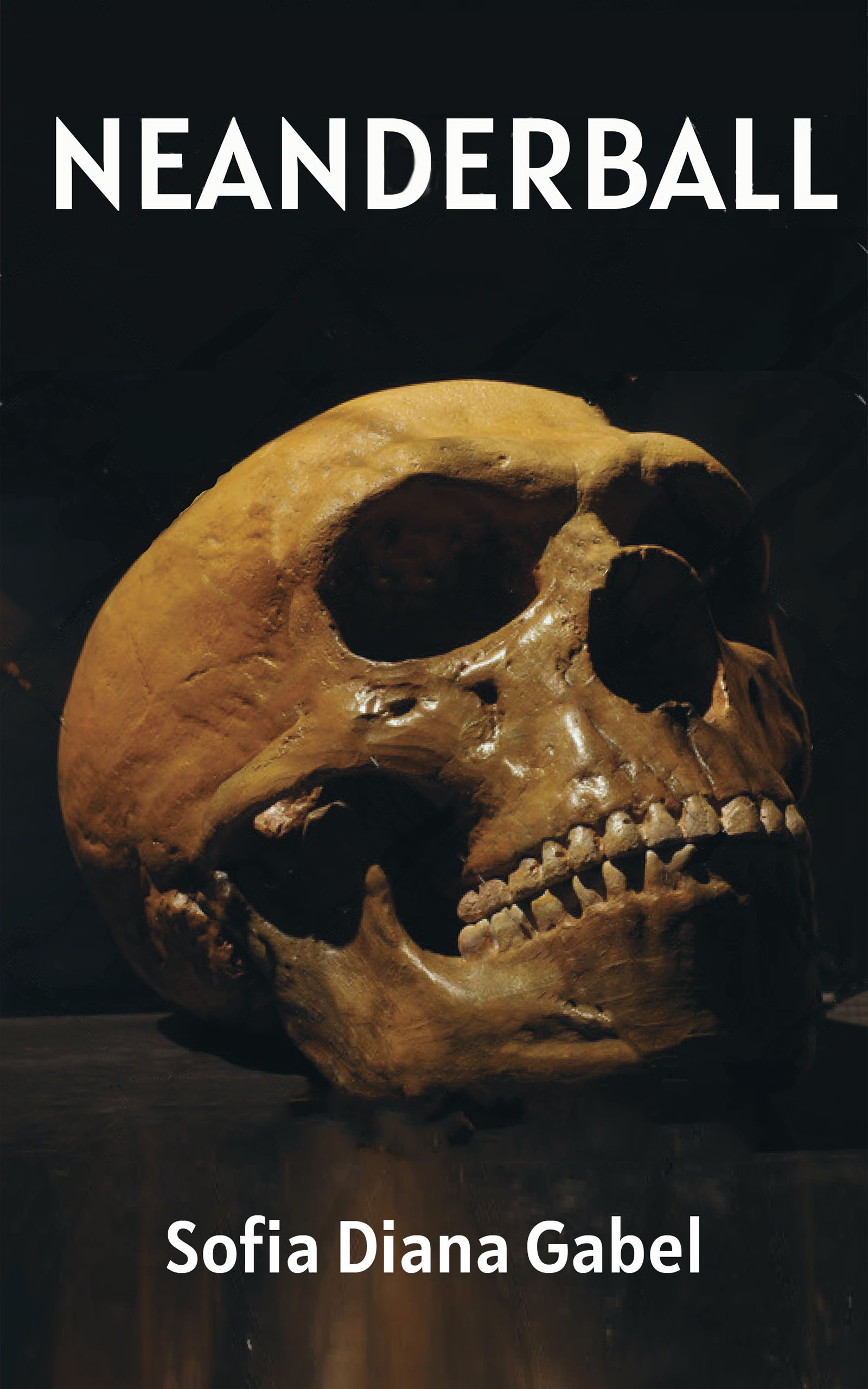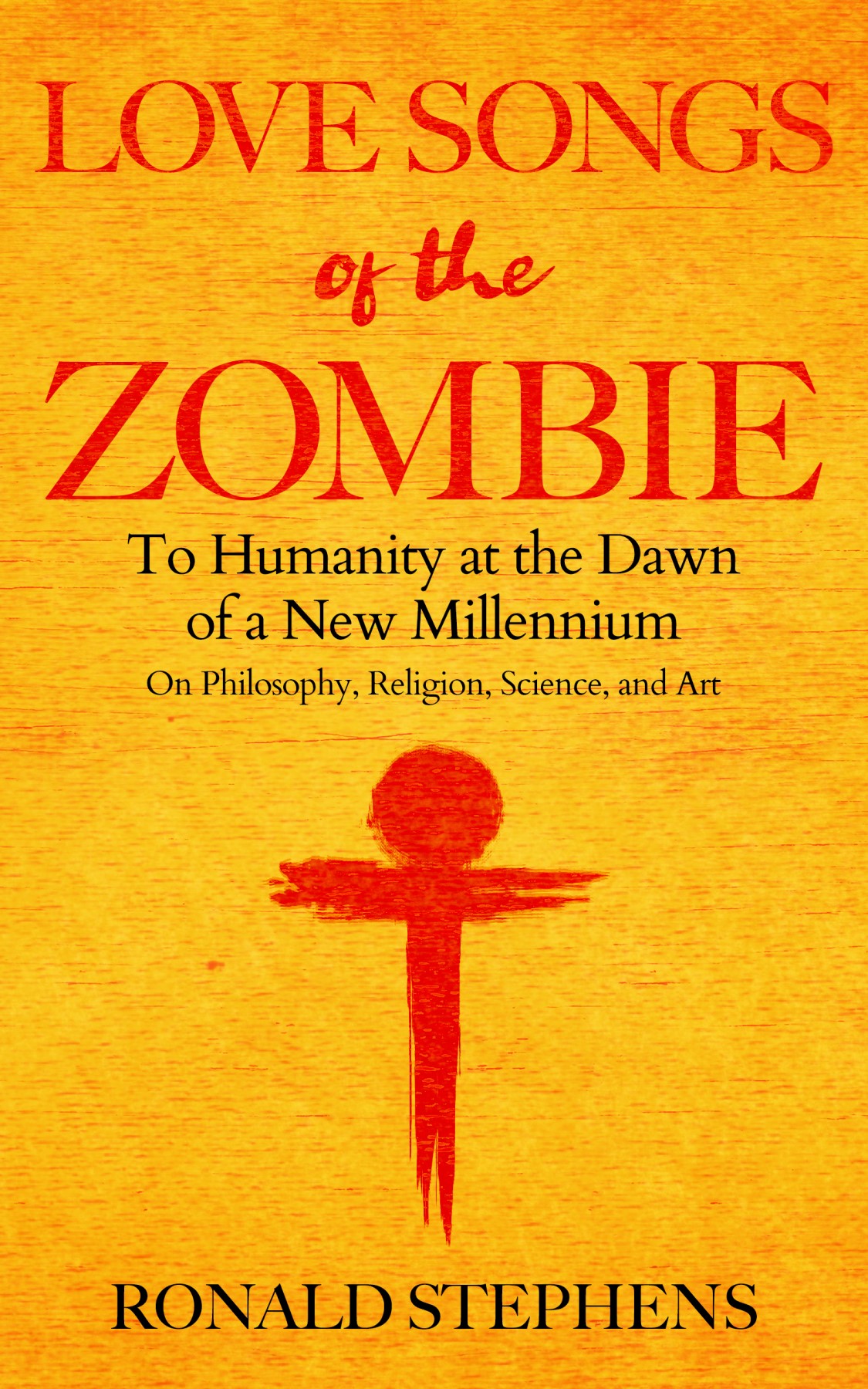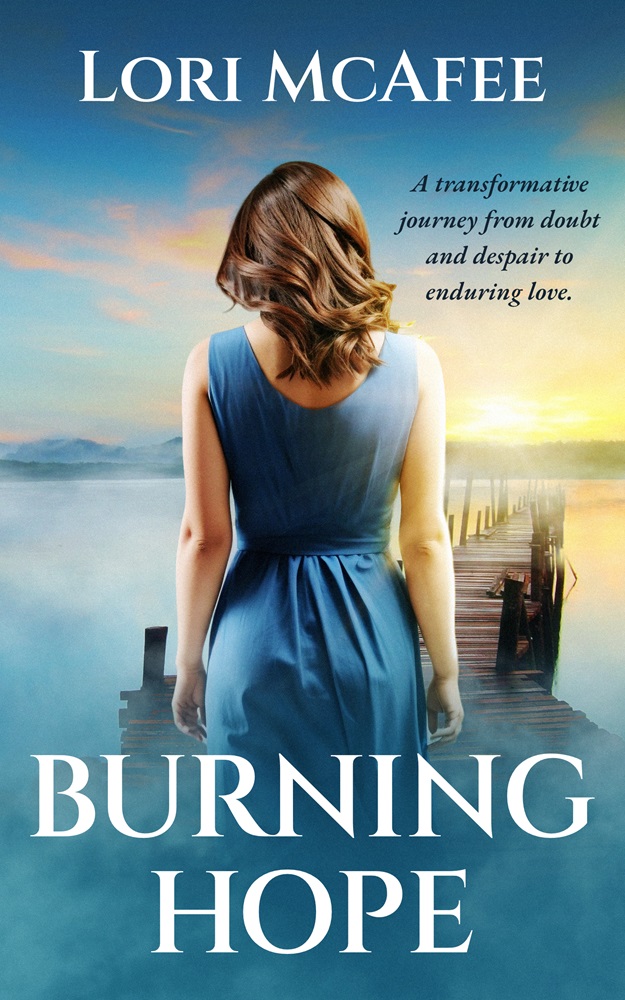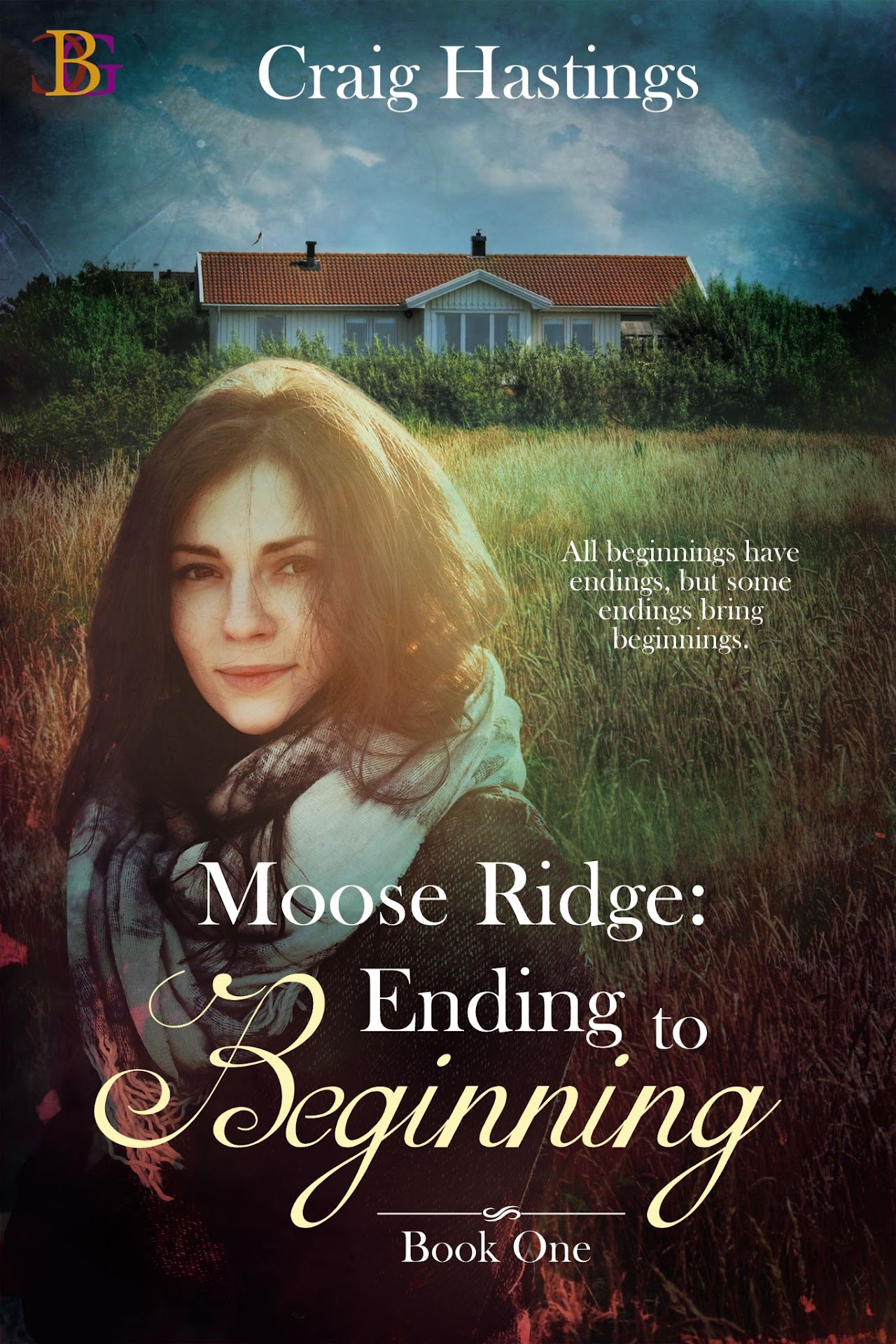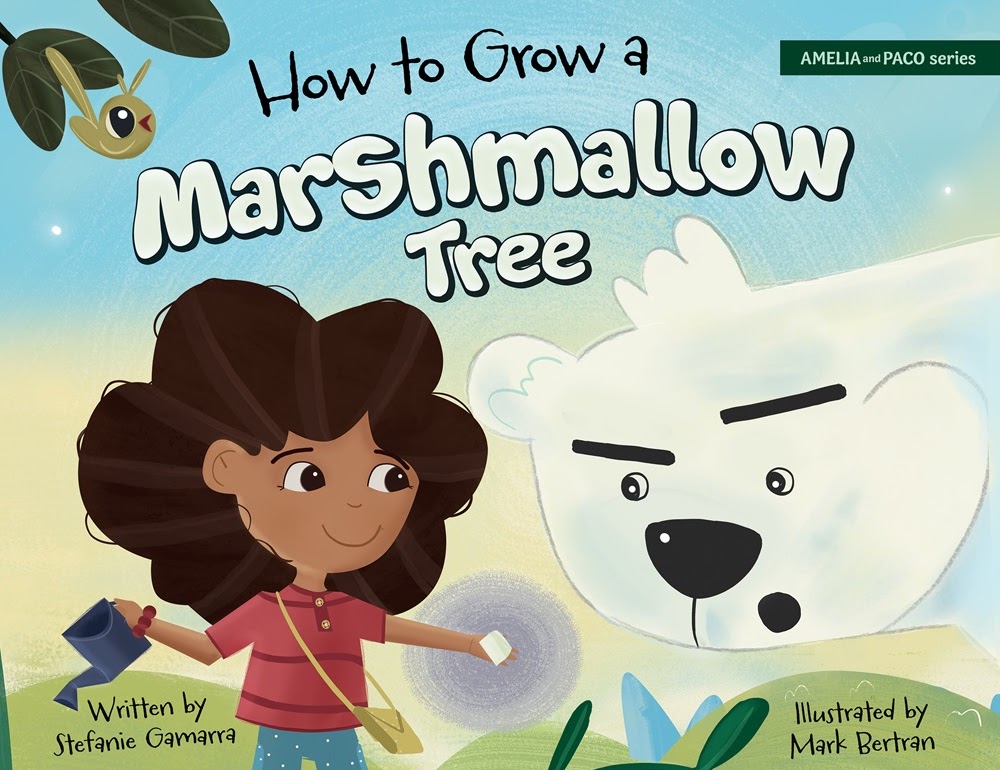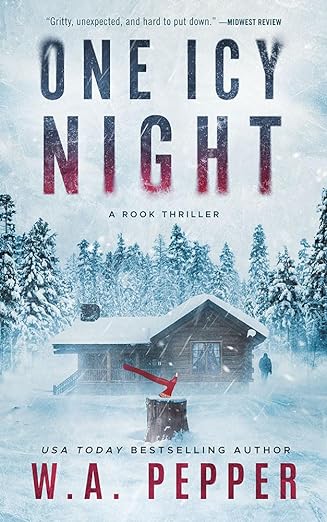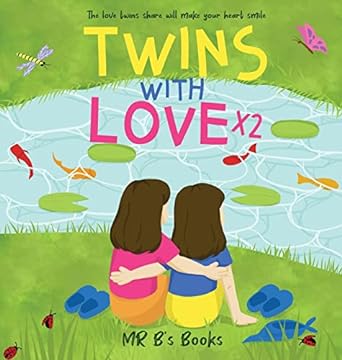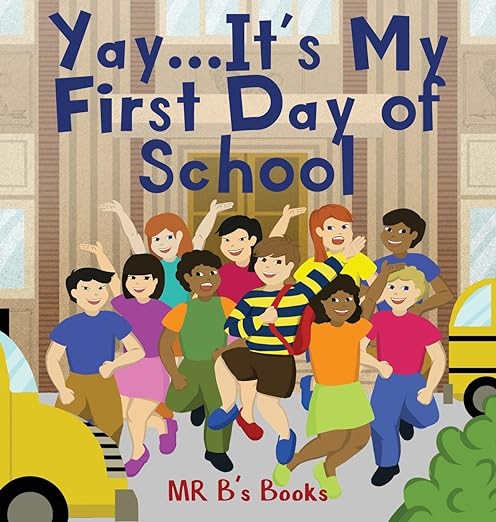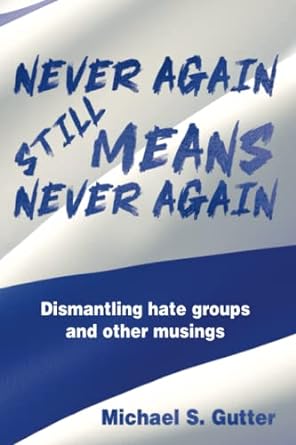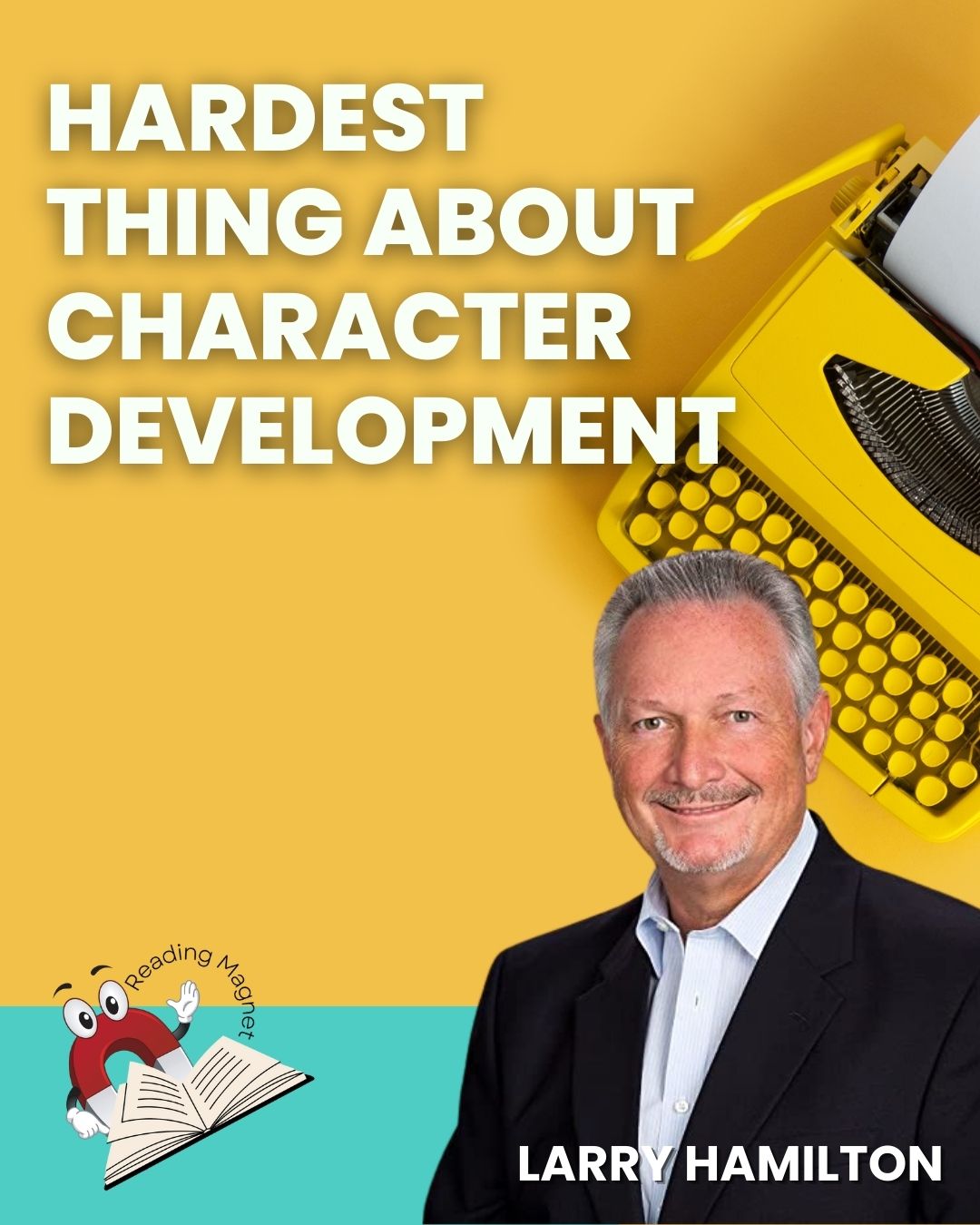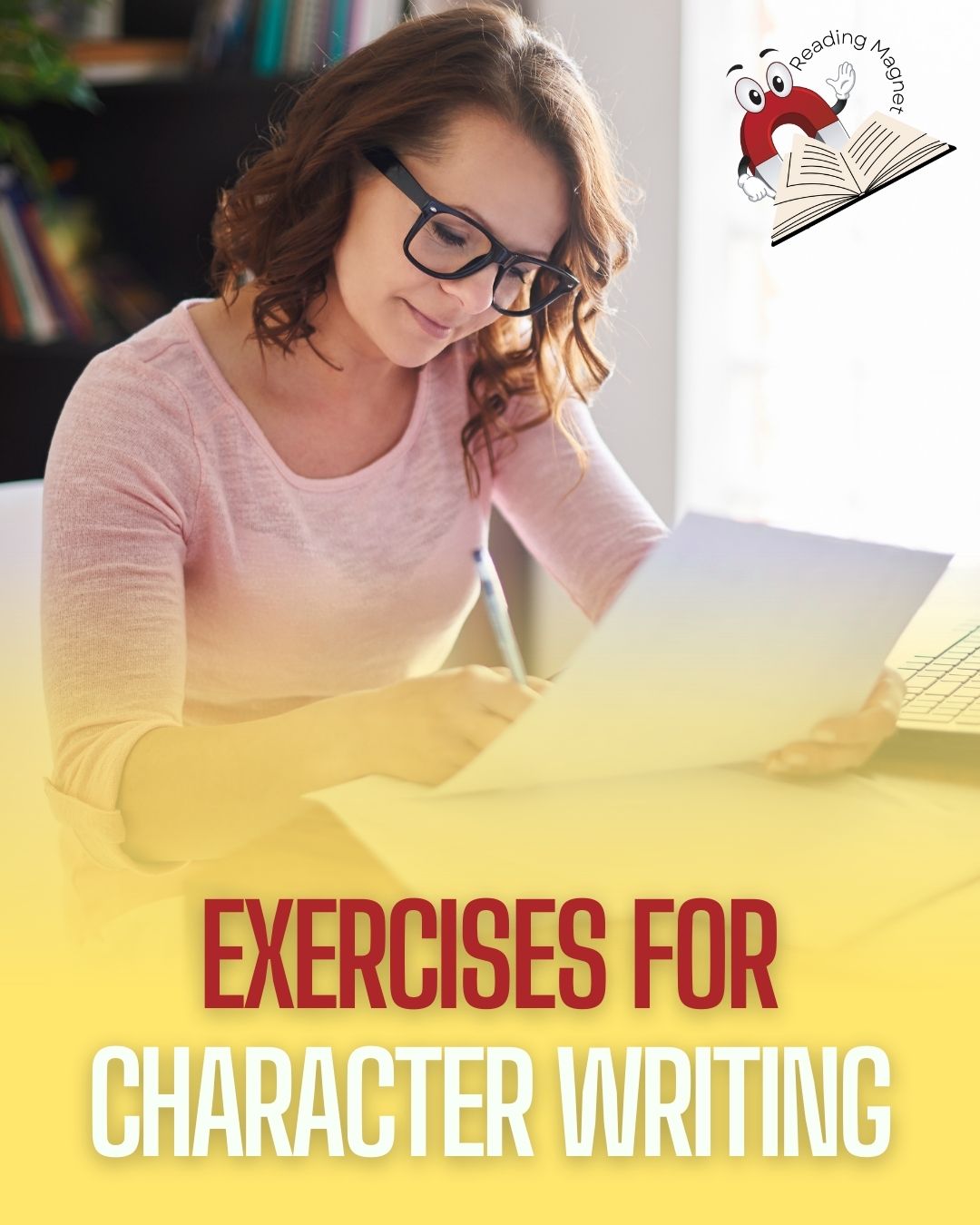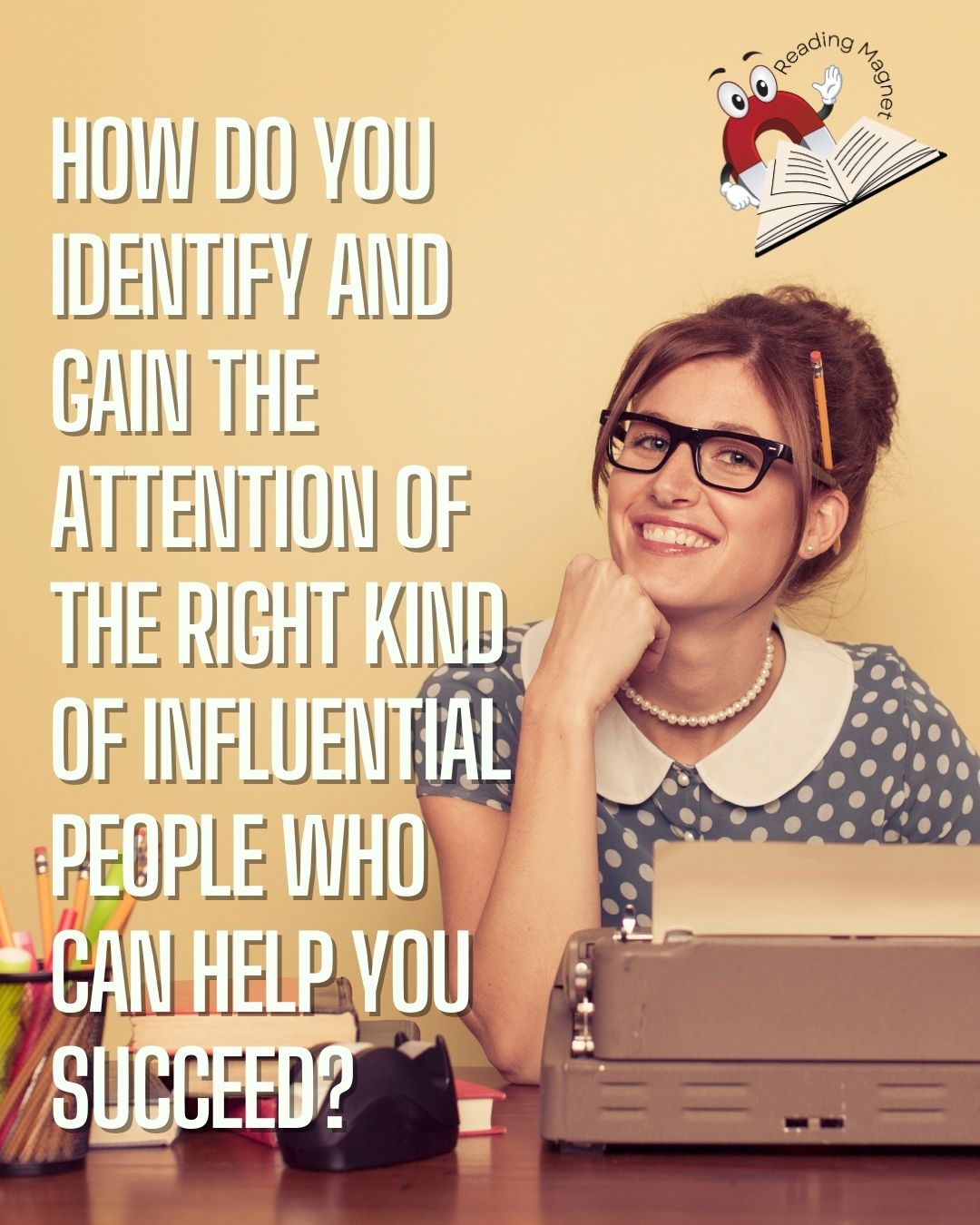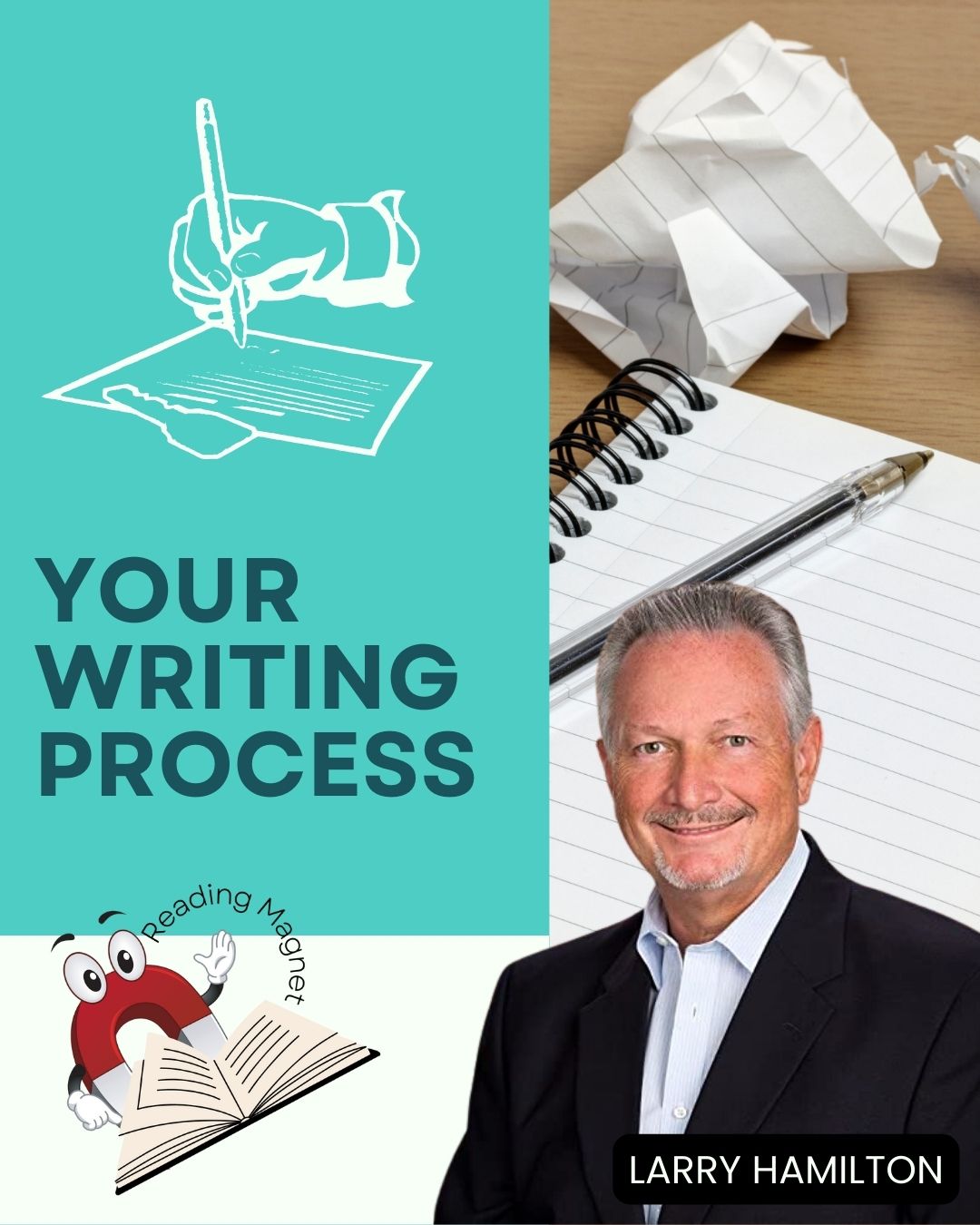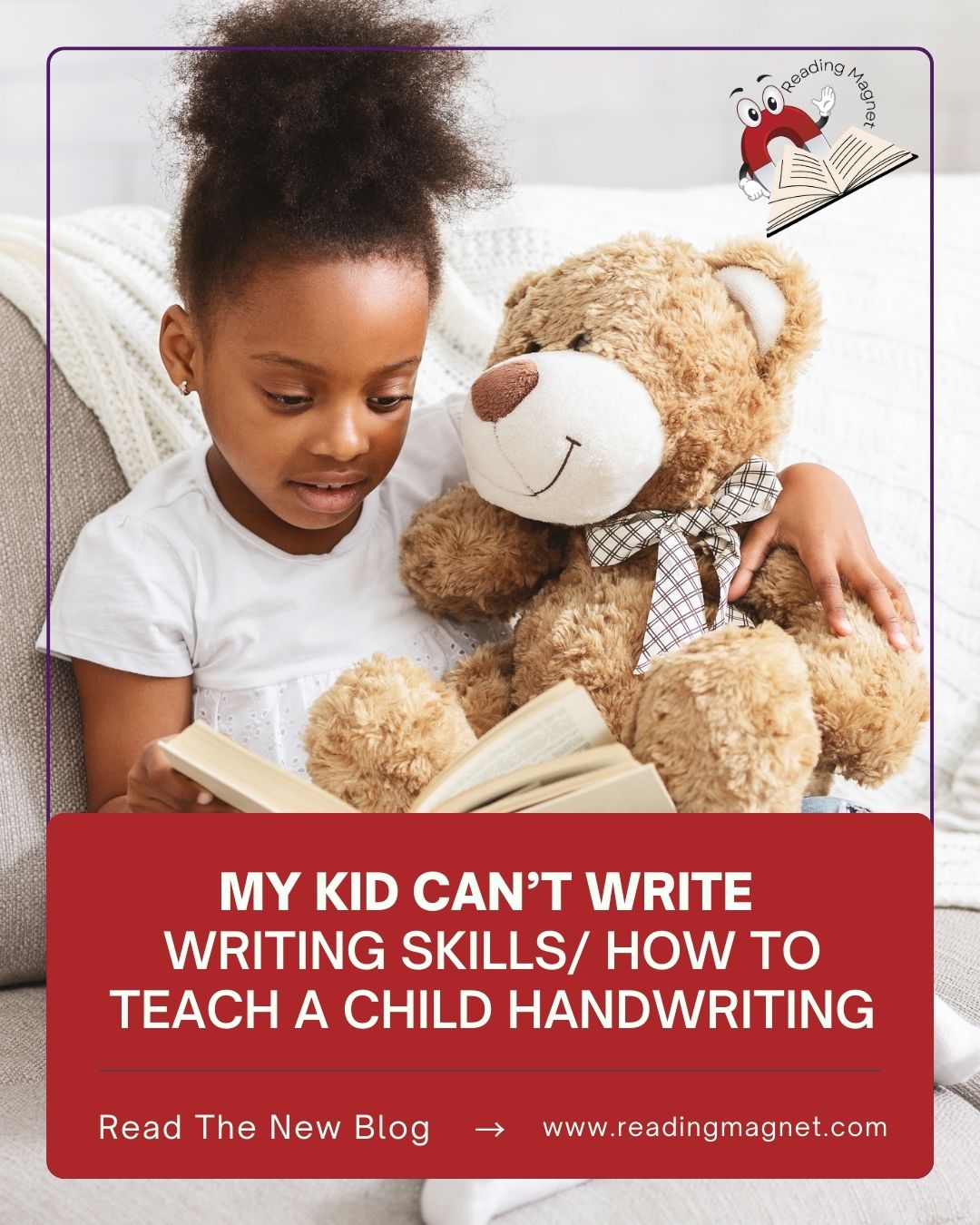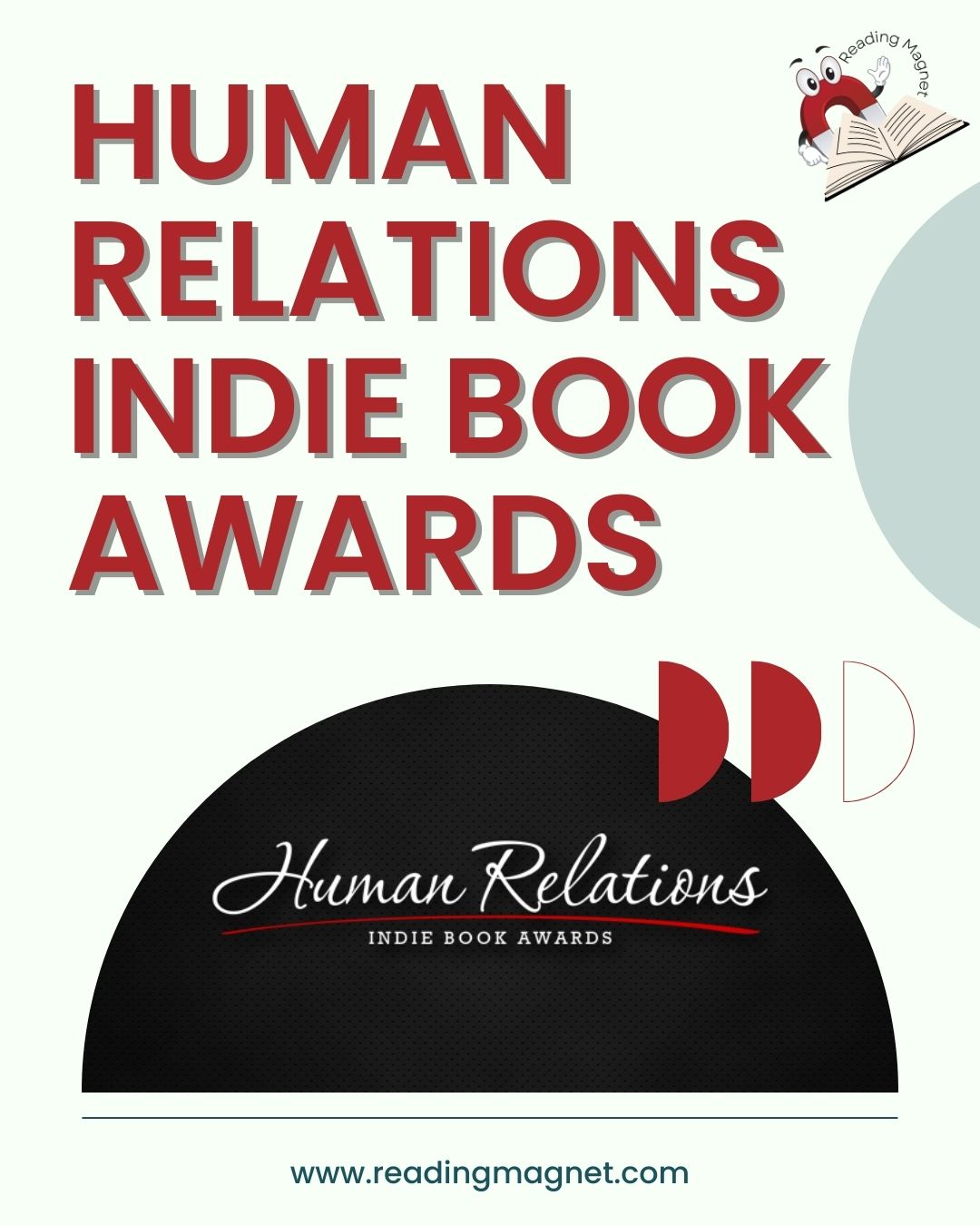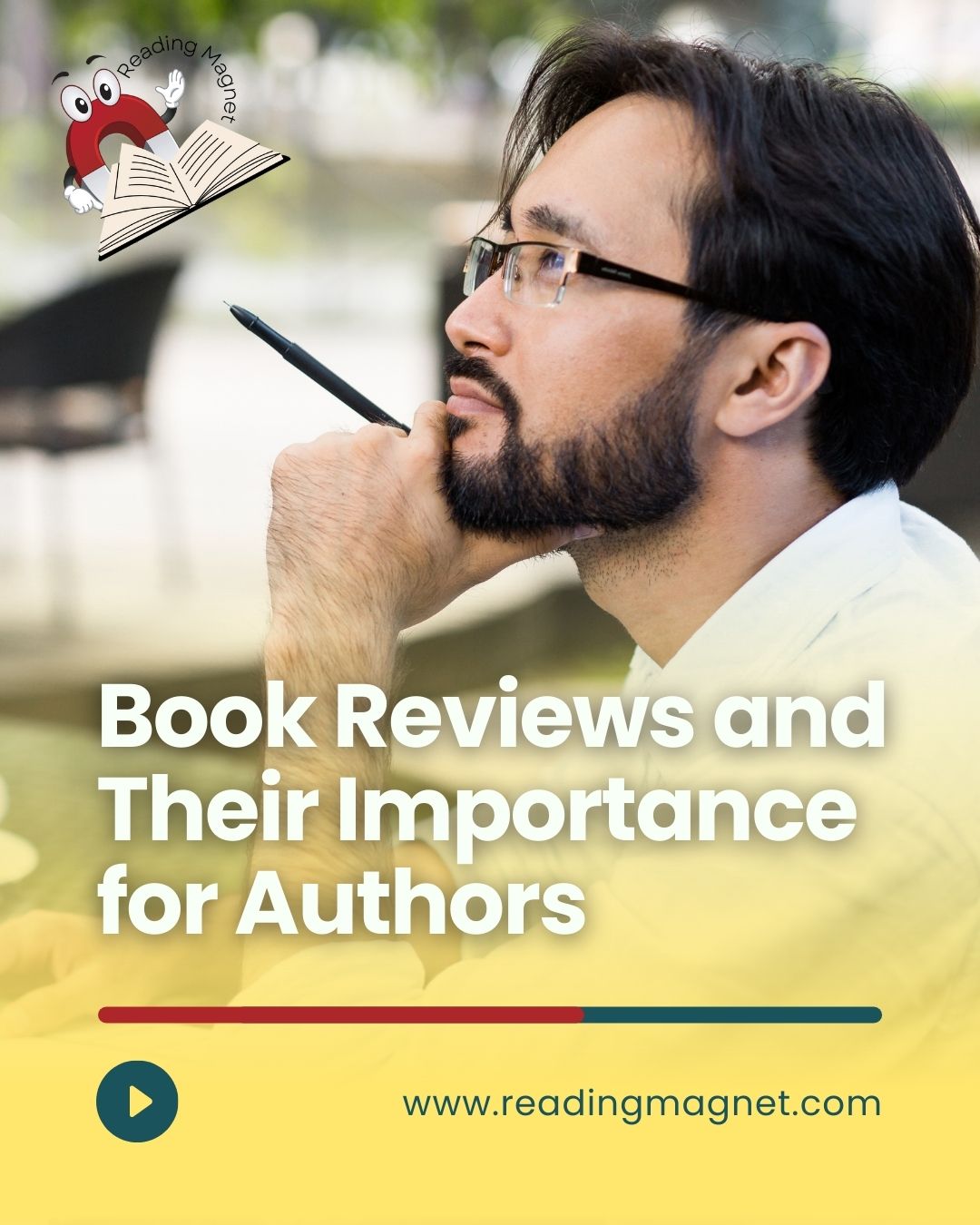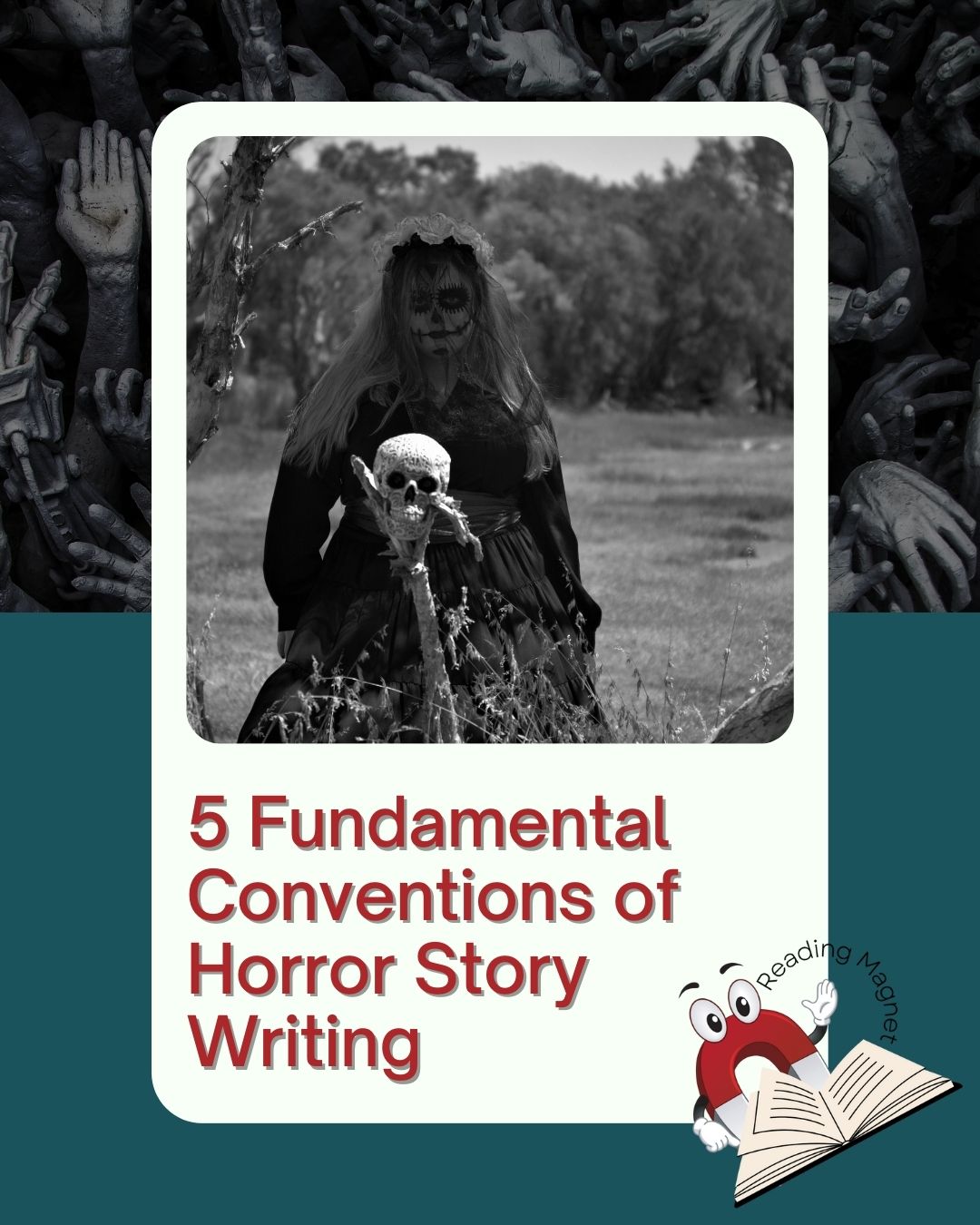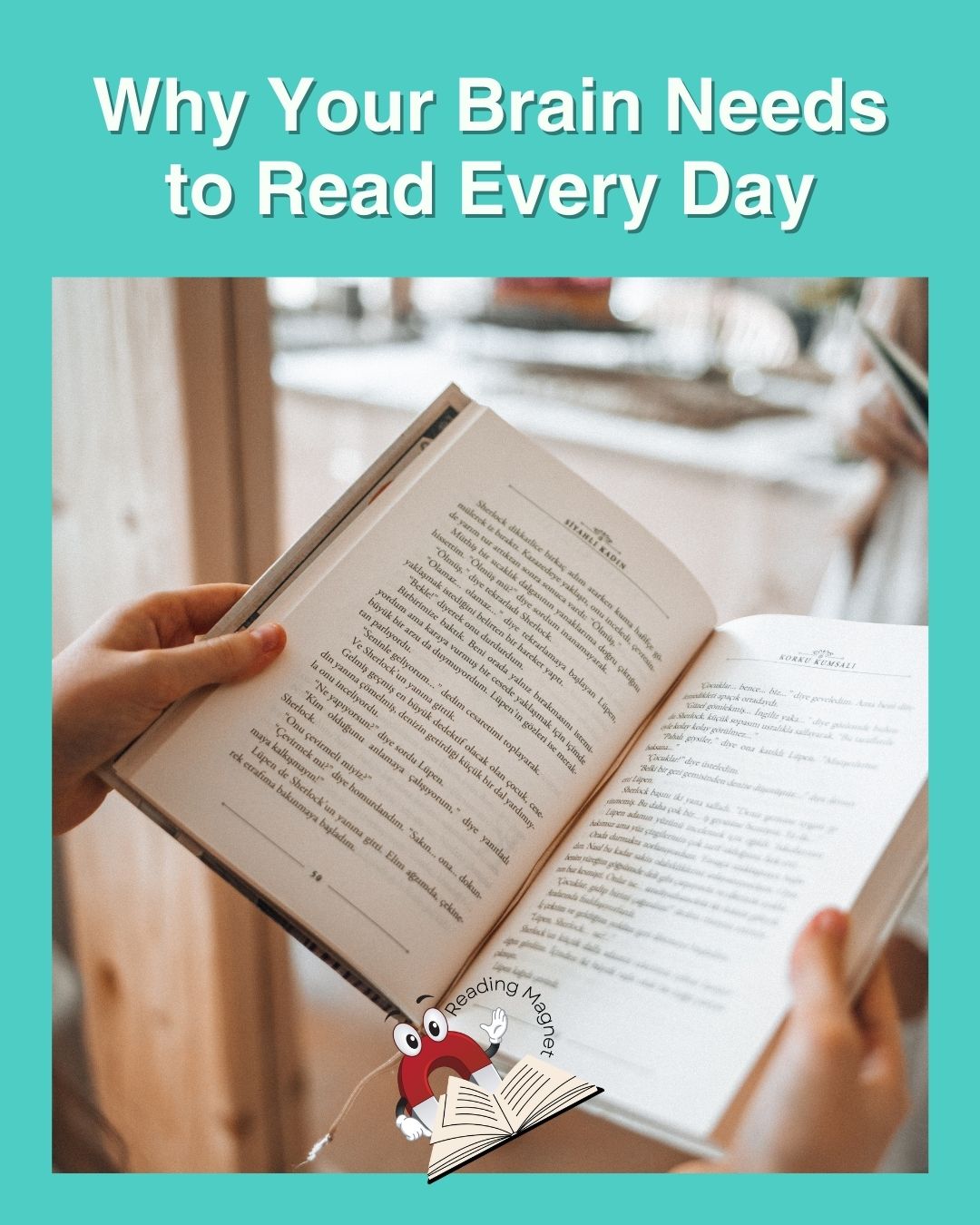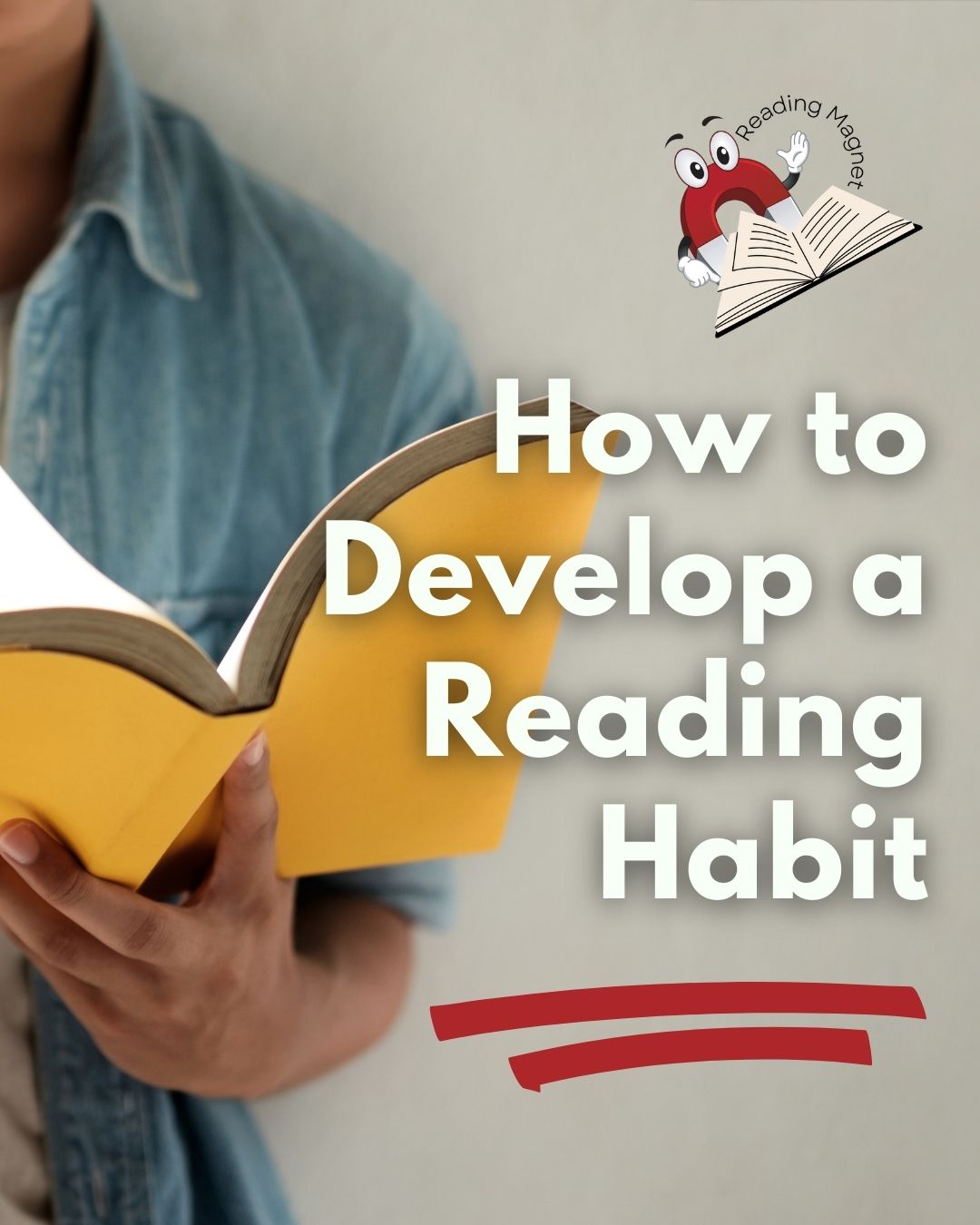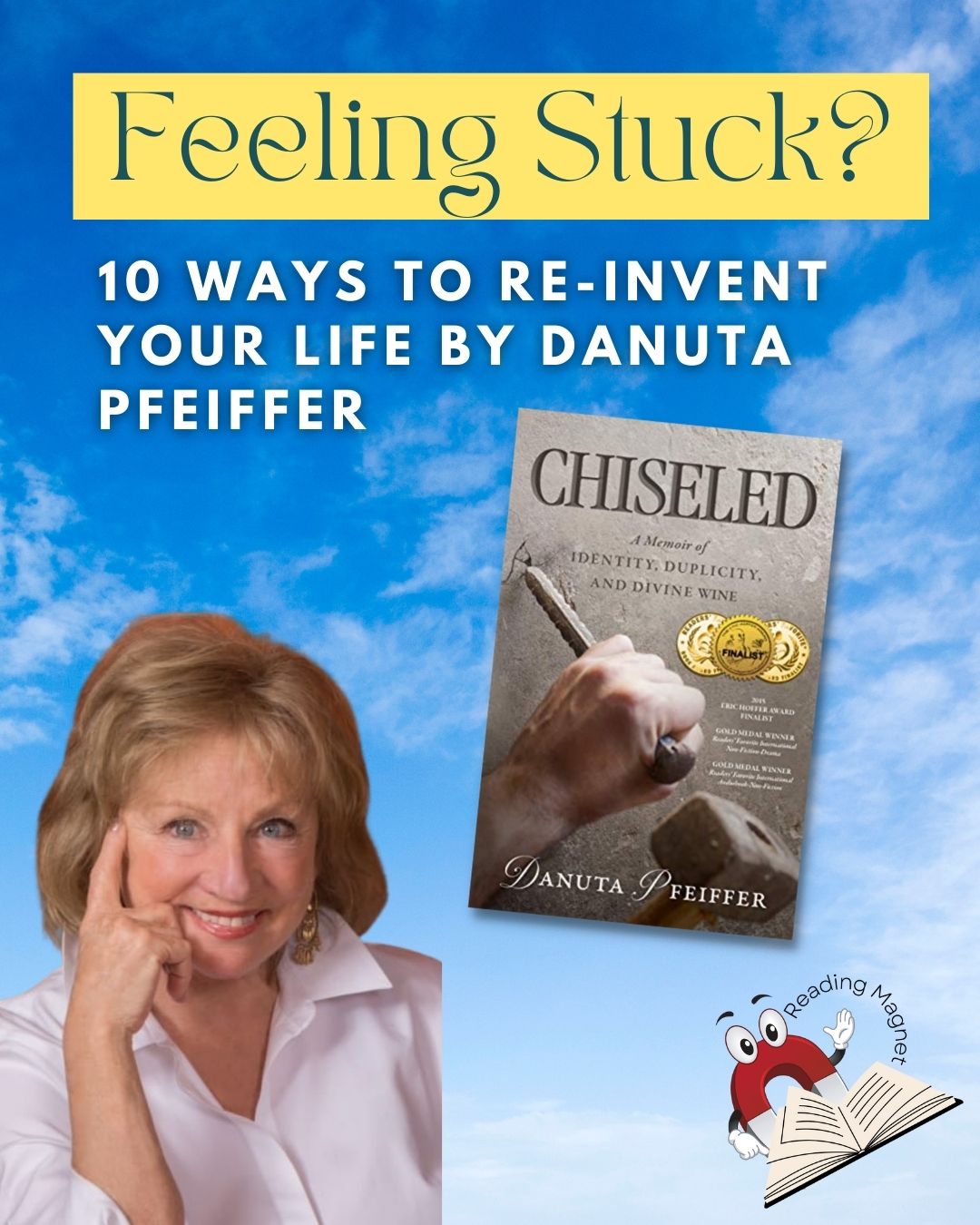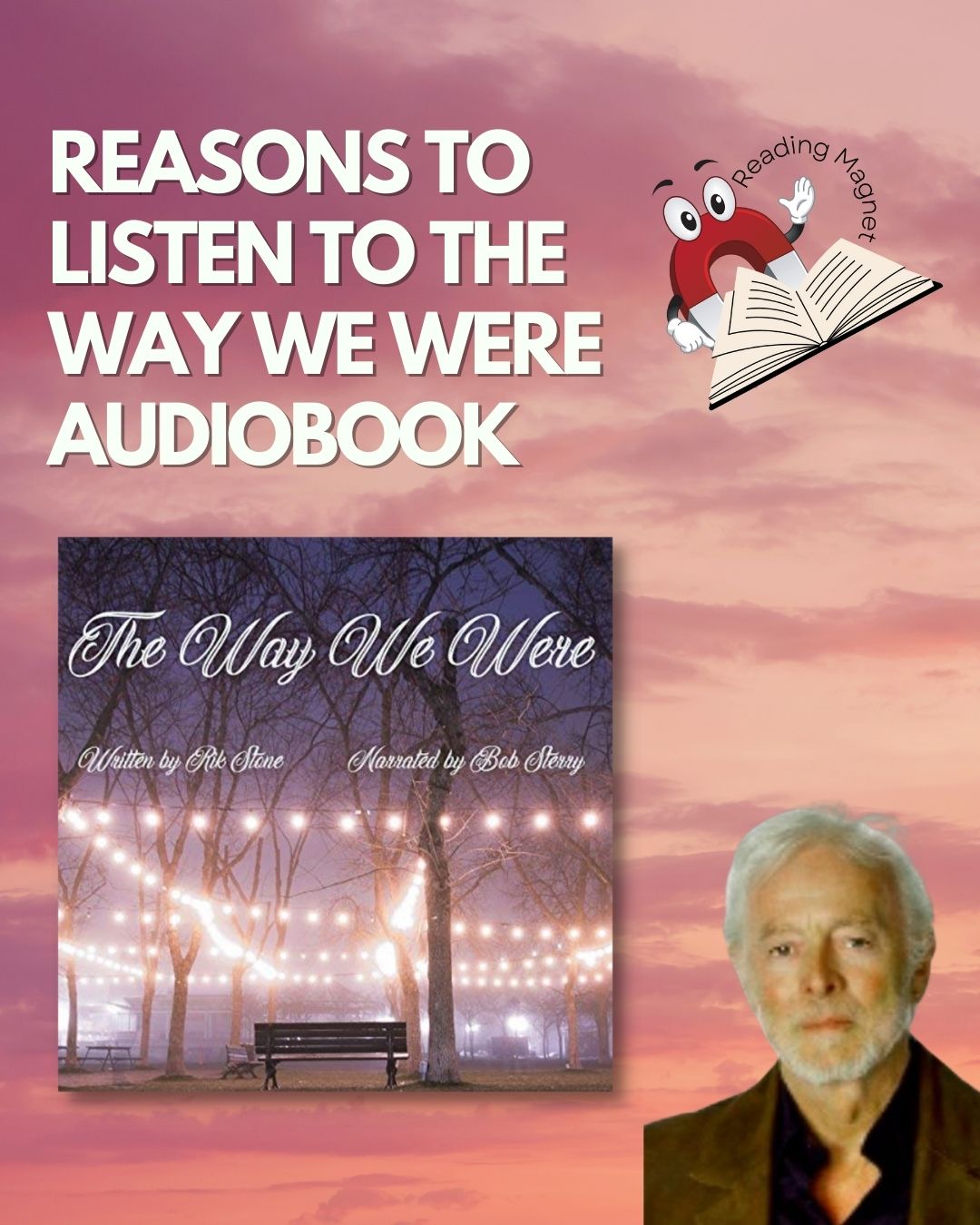Divorce is often looked at negatively. It can be painful, and you may lose your sanity just trying to make it through. Randi Burggraff, Justin Tash, and Bryan Levy have published a book meant to soothe these anxieties and give you a game plan to not only make it through a divorce, but to have a good one. Does a Good Divorce Really Exist? Absolutely! is the name of their very informative book. Divorce doesn’t have to be a mess. And in the case that you need to stay in each other’s lives post-divorce, that can be done in a more painless way as well. It’s a complicated situation, legally and emotionally, to find yourself in and it’s always good to arm yourself with knowledge. In this interview, we’ve asked authors Randi Burggraff, Justin Tash, and Bryan Levy some questions about what a good divorce is, and how you can make it a reality.
Can you provide a brief overview of your book Does a Good Divorce Really Exist? Absolutely and its main objectives? What inspired you to write a book on this topic, and what do you hope readers will take away from it?
Does a Good Divorce Really Exist? Absolutely identifies pain point people experience in divorce—outside of the law. Although we organized the book to follow the general framework of how a divorce progresses through the legal system, that is only for organizational purposes. This is not a book on divorce law and offers no legal advice.
Rather, it defines what a “good divorce” is, at least in our opinion and as it relates to an average situation. Then it identifies what are likely practical goals to aim for in a divorce to help keep people grounded and focused on resolution. Lastly, it identifies common pitfalls that people get wrapped up in that can derail their divorce.
We wanted to write this book to help dispel some misconceptions and help people set a mindset for success. We hope that people will read this book and be able to have candid discussions with their attorney about how to get through this process as efficiently, effectively, and affordably as possible. Additionally, while some of the pitfalls and feelings they generate may be unavoidable, we hope that knowing they are coming will help people approach the situation from a place of strength and preparedness.
In your book, you discuss the concept of a “good divorce.” How do you define a good divorce, and why is it an important perspective to consider?
Defining what a good divorce is, is one of the most important points of the book. Setting the appropriate mindset and expectations go a long way to helping people get through this process and onto the next chapter in their lives.
In most cases, a “good divorce” is not fun and not a happy time. Even at its best, you are still ending a relationship and likely dividing a family. A “good divorce” gets you through this period of your life without spending all of your money, the stress of high conflict litigation, losing sleep at night, having a mental breakdown, or getting the police involved, . . . then that is a good divorce. The best way to have a “good divorce” and get through this process is to stay focused on the goals of the divorce.
What are some common misconceptions or myths about divorce that you aim to address in your book? How can changing our perception of divorce contribute to a more positive outcome for all parties involved?
Some of the biggest misconceptions about divorce are related to the goals of a divorce. The goal of a divorce is not to see the other person suffer and seek vindication. Rarely, very very rarely, is the divorce system and appropriate place to seek vindication.
The tough part about this is most times people’s feelings are completely valid. They usually have been really hurt by someone they trusted. But, if you set the right expectations about what a divorce is, what it provides, and how to best get through it, we believe you will have a better experience during the process.
As family law lawyers, what legal insights or advice do you offer in the book for individuals going through a divorce? How can legal professionals play a role in facilitating a smoother and more amicable divorce process?
This book does not offer any legal advice because everyone’s case really is unique. Their families are unique, their facts are unique, and even their courts are unique. There are no blanket statements that can take the place of a discussion with an experienced attorney. What this book does offer are insights into the general process and how a person may feel at each phase of the process. This insight promotes a person’s informed conversations with their attorney or other legal professionals. Having informed and candid conversations with your attorney about expectations plays a huge role in the path of a smoother and more amicable divorce process.
Communication is crucial in any divorce process. How does your book emphasize the importance of effective communication between spouses during divorce proceedings? Are there specific strategies or tips you provide for fostering collaboration between divorcing parties?
Communication is crucial in a divorce process, especially because divorce doesn’t stop life and divorce can take several months, even years. Our book discusses keeping life going—making sure the landscaping is being maintained, kids are getting to their soccer practice—and moving through your divorce on two separate, but parallel, tracks. What are some conversations you should likely have with your attorney and what can you handle yourself? This is largely case specific and would need advice from counsel. But, we do identify situations that commonly arise during divorce.
Divorce often takes a toll on individuals emotionally. How does your book address the emotional well being of those going through a divorce, and what guidance do you offer in this regard?
First and foremost, it is important for people to understand that peoples’ emotions are usually completely valid. They are hurt and usually rightfully so. It is important for your attorney to know how you are feeling and what your concerns are. Attorneys are there to help you. But, there are times when a professional counselor is more appropriate in helping you work through those issues and get to a place of strength so you can move onto the next chapter. This is further discussed in the book.
Co-parenting is a significant aspect for many divorced couples. How does your book explore the challenges of co-parenting and provide advice for creating a healthy co-parenting relationship?
Co-parenting is a significant aspect for many divorced couples and co-parenting itself isn’t directly addressed in this book. It is a dense topic that could fill its own book. But, our book does discuss how the divorce itself can impact co-parenting and why it is important to work towards a good divorce. Remember, if you have kids, your relationship and interaction with your soon-to-be ex-spouse isn’t completely over. Even, when your kids turn 18 and graduate high school, it isn’t over. There are still college graduations, weddings, grandchildren, grandchildren’s birthdays. Do you really not want to be invited to your grandchild’s birthday? Do you really want your children to still feel the impacts of your divorce when they are trying to celebrate their own milestones?
How people act during divorce can impact people’s ability to co-parent in the future and that future doesn’t stop when the kids turn 18.
Are there practical tools or resources mentioned in your book that readers can implement during the divorce process to make it more manageable?
Absolutely, we discuss various issues people experience during the divorce process, how clients tend to feel about those issues, and practical paths forward.
Do you share any real-life success stories or positive examples in your book to inspire individuals going through a divorce?
We do not. None of the avatars in our book are real people and the stories are created to make a point. But, these points are important and come from our collective experiences, both professional and personal.
Often information and its importance is better understood when told in a story or with relatable examples. That is what we believe we have done here.
How can readers engage with the content of your book, and do you offer any additional resources or platforms for ongoing support and guidance?
Our book is offered in paperback and on kindle. For additional guidance, it is likely best to consult with an experienced family law attorney. If they are in Arizona, where our office is and the only place we are licensed to practice, we would be happy to schedule a consultation with them.
Find the Authors
Does a Good Divorce Really Exist? (Absolutely!)
How can you end your marriage with dignity and respect? While divorce can be filled with anger, 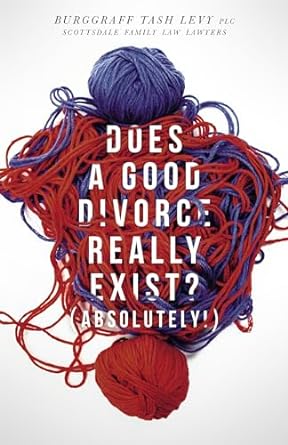 frustration, and bitterness, most couples don’t want to end their marriage in an ugly, drawn-out battle that causes irreparable damage.
frustration, and bitterness, most couples don’t want to end their marriage in an ugly, drawn-out battle that causes irreparable damage.
Does a Good Divorce Really Exist? (Absolutely!) is your definitive guide through the difficult journey of divorce. Randi Burggraff, Justin Tash, and Bryan Levy lay out a roadmap to help you understand the process, rules, and potential outcomes. More importantly, you will master the critical mindset shift that will get you and your partner on the path to a “good” divorce.
Educate yourself by using the examples of healthy divorces to understand what’s involved at each step. This book will guide you through potential pitfalls so you can prepare mentally and think strategically. This book helps you approach heated conflicts in ways that will allow you to emerge with your emotional well-being and integrity intact.

